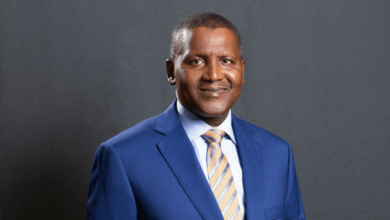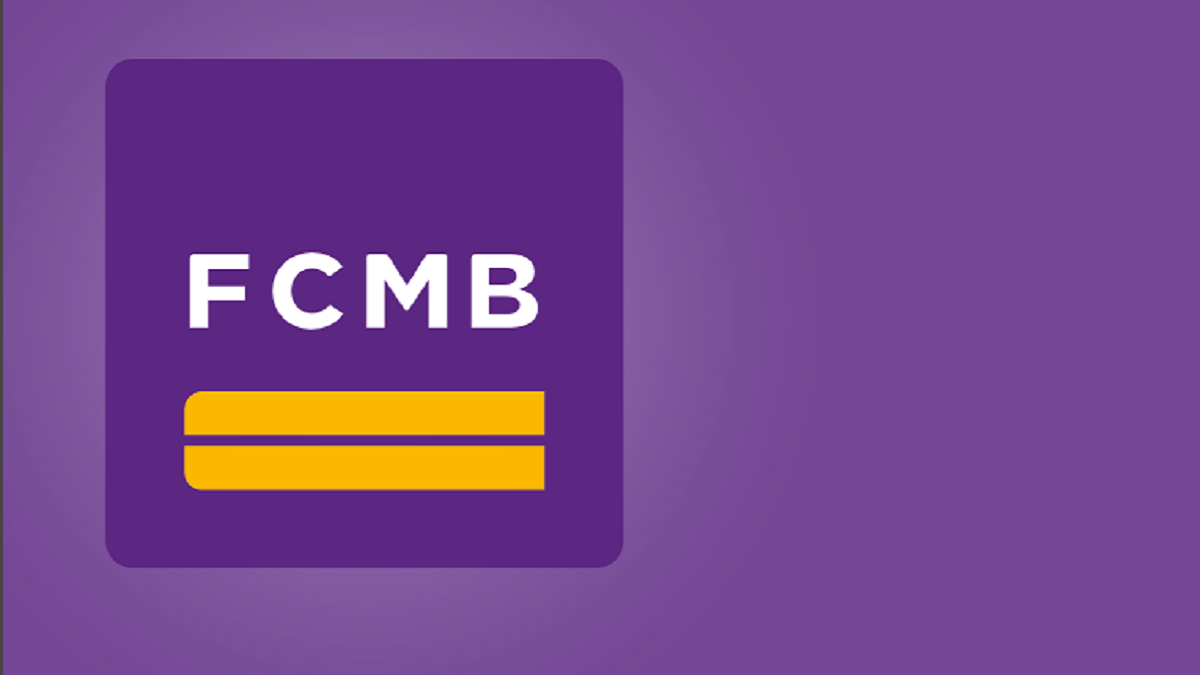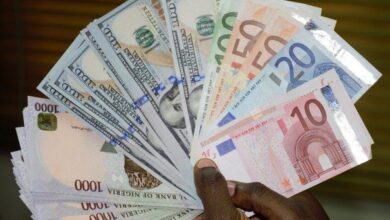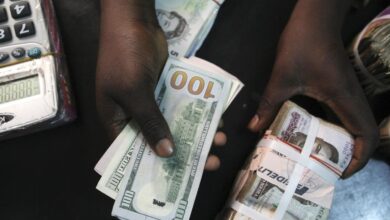Gabon Coup Today: A Dive into the Ongoing Political Crisis in Gabon

In recent times, the world’s attention has been drawn to the political turmoil in Gabon, a country located on the western coast of Central Africa. The intricate web of issues surrounding the Gabon coup has left the international community concerned about its impact on the country’s stability and the wellbeing of its citizens. In this blog post, we will delve into the ongoing political crisis in Gabon, shedding light on its historical backdrop, key actors involved, and potential outcomes for this tumultuous situation.
Historical Context Of Gabon Coup
To understand the complexities of the Gabon coup, it is essential to grasp the historical context from which this crisis has emerged. Gabon, once a French colony, gained independence in 1960. Since then, the country witnessed a series of political and economic transformations, with the Bongo family dominating Gabonese politics for over five decades. President Omar Bongo ruled Gabon for 42 years until his death in 2009 when his son, Ali Bongo, succeeded him, leading to allegations of dynastic rule.
Gabon Coup and Key Actors

Army officers appeared on national television to say they have seized power in Gabon, after President Ali Bongo was re-elected to a third term in office in the Central African nation.
According to the BBC, the officers said they were annulling the results of Saturday’s election which the opposition had denounced as “fraudulent”.
Twelve soldiers announced that they were dissolving “all the institutions of the republic”.
“We have decided to defend peace by putting an end to the current regime,” one of the soldiers was quoted as saying on TV channel Gabon 24.
The soldier cited “irresponsible, unpredictable governance resulting in a continuing deterioration in social cohesion that risks leading the country into chaos”.
Introducing themselves as members of the Committee of Transition and Restoration of Institutions (CTRI), the soldiers also announced closure of the country’s borders.
The Gabonese Election Centre (CGE) had declared Bongo winner of the election on Wednesday with 64.27% of the votes cast.
Michel Bonda, CGE head, said Bongo’s main challenger, Albert Ossa, had polled second with 30.77%.
Bongo’s team have rejected Ossa’s allegations of electoral fraud and irregularities.
Tensions have been running high in Gabon with fears of unrest, following the presidential and parliamentary elections.
A night-time nationwide curfew had been imposed and internet was cut off after the poll.
Bongo’s overthrow would end his family’s 53-year hold on power. He became president when his father Omar died in 2009.
Bongo, 64, suffered a stroke in 2018 which sidelined him for almost a year and led to calls for him to step aside.
In 2019, there was a coup attempt on Bongo. Soldiers who led the failed putsch were sent to prison.
The Gabon coup refers to the series of events that unfolded on January 7th, 2019 when Gabonese military officers attempted to overthrow President Ali Bongo. The coup attempt occurred while President Bongo was away in Morocco for medical treatment, following his stroke in 2018. Lieutenant Kelly Ondo Obiang, a former close ally of the President turned dissident, claimed on national radio that a “national restoration council” was in charge until Bongo’s return to power, which led to a brief period of uncertainty in the country.
Regional and International Responses
The Gabon coup immediately garnered attention and responses from regional and international actors. The African Union and the Economic Community of Central African States (ECCAS) condemned the coup attempt, expressing their commitment to upholding democratic principles in the region. Similarly, France, which has close historical ties with Gabon, called for a constitutional process to resolve the crisis and support the will of Gabonese citizens.
Potential Outcomes and the Way Forward
As the situation in Gabon remains fluid, with ongoing political negotiations aimed at resolving the crisis, it is crucial to consider the potential outcomes and the way forward. One possible scenario is a power-sharing agreement, allowing for a peaceful transition of power that reflects the will of the Gabonese people. Another outcome could be the reinforcement of democratic institutions and increased dialogue among political factions to foster stability and national reconciliation.
Lastly, The Gabon coup has undoubtedly thrown the country into a period of political uncertainty, where the future hangs in the balance. The international community’s attention and commitment to supporting Gabonese citizens during this crucial time are paramount. It is vital that a peaceful resolution be reached, one that ensures the stability, governance, and prosperity of Gabon. As events unfold, the world watches eagerly, hoping for a peaceful resolution to the political crisis in












